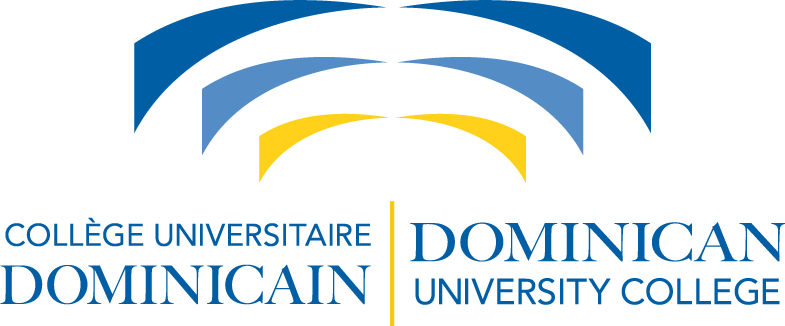Blog - Blogue

-
Academic Freedom and its Current Challenges
mercredi 23 décembre 2015The institution of the university, as we know it today, originates in the High Scholasticism period of the Middle Ages. The best way to describe universitas is as a scholarly corporation. In other words, at its root, university is an organization whose goal is to provide and produce learning and knowledge. The first universities grew out of monastic schools associated and attached to various religious establishments. As feudal wars across Europe subsided, and cities prospered, universities became more commonplace. As a result, they gained their independence and turned into self-sufficient scholarly communities. It is this self-sufficiency, combined with the communal spirit, that is still the university’s most prized possession to date.
Universities are spaces, literally and figuratively (hence, the need today for university campuses), where one goes to learn. But learn to what end? Sapere Aude! is one of the oldest mottos used by university establishments. Dare to Know! or Dare to be Wise! (in literal translation from Latin), the phrase also carries the connotation of ‘knowledge for the sake of knowledge’. Upon reflection, isn’t this what academic freedom is ultimately about – having unrestrained access to information while, at the same time, critically evaluating it in a way that produces new knowledge which can, in turn, be freely distributed and accessed by anyone?
In this sense, however, universities are odd organizations. Unlike any other organization, where loyalty to the institutional body is a key element to its success, in universities, the only loyalty expected of the ‘magistri’ is to knowledge itself.
Are universities still places of free exchange of knowledge? Everyone who works in academia would certainly like to think so. However, we can’t ignore the challenges we face today. Apart from the petty and not so petty faction wars that every academic unit faces, I can single out two snags that pose a threat to the university spirit. The ubiquitous electronic media extends the space of learning well beyond the boundaries of the university campus. While this is often perceived as a positive thing, it sometimes leads to blurring of the lines between private and public, which, without proper critical evaluation, can threaten the integrity of the academic dialogue. Should a comment on a facebook page reflect on the academic reputation of a professor? What about a student? Should the university care?
Despite their communal origin, universities function in the public space as legal and economic bodies. The high price of post-secondary education, particularly in North America, inevitably imposes the business model where education is just another type of service provided by the professors and consumed by the clients (the students). While this model allows universities to co-exist and interact with other public and private institutions, it poses problems for the integrity of the scholarly community as well as the shift of the common goal from knowledge to profit.
Will the university manage to protect its spirit? Let’s hope so.

